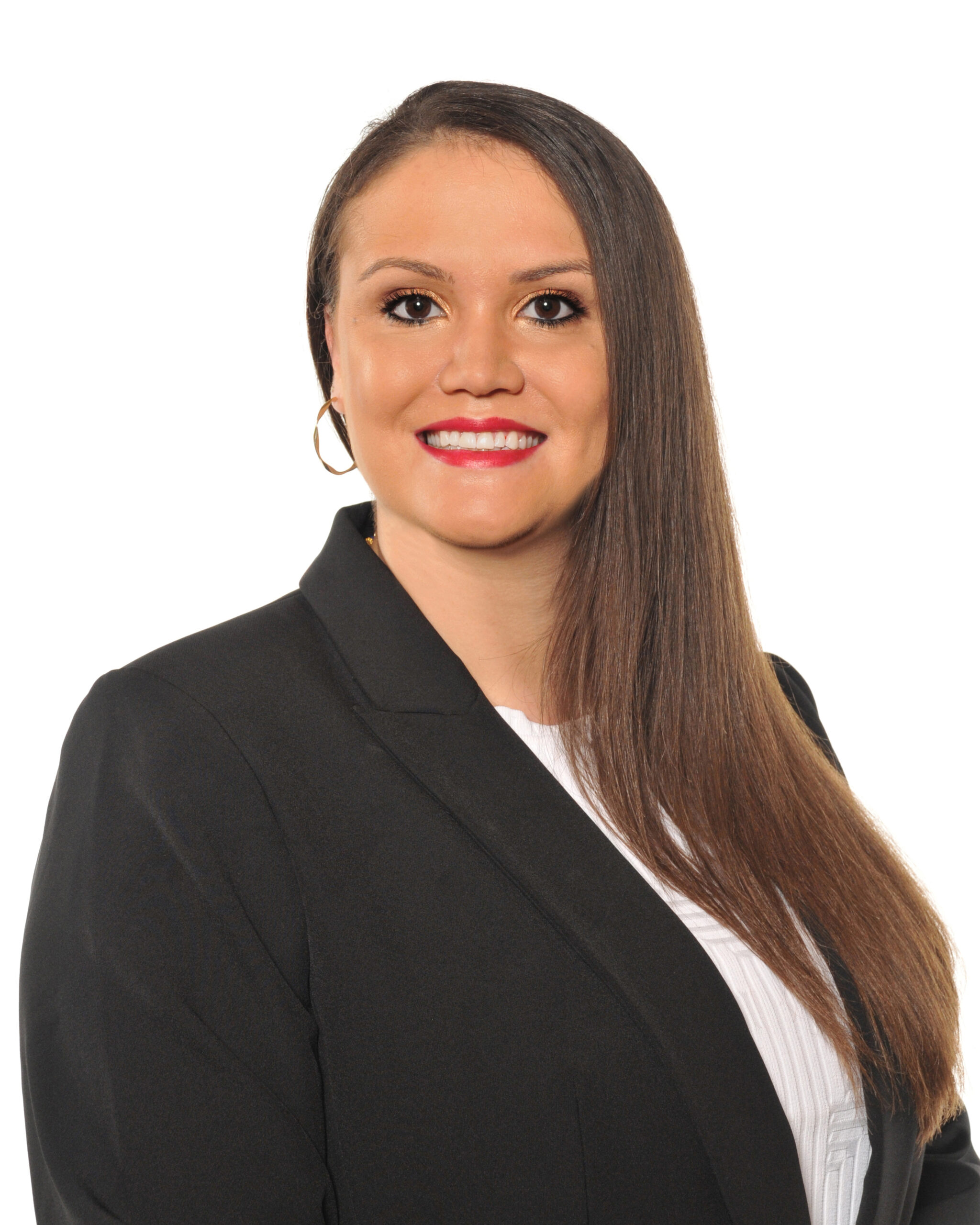
Jillian Martins
Practice Summary
Jillian Martins is a partner based in Cole Huber’s Southern California office where she currently serves as the Assistant City Attorney for the City of Indio advises on all aspects municipal law issues involving zoning and land use, open government and ethics (the Brown Act, the Public Records Act), contract formation and negotiation, drafting and amending ordinances, resolutions, parliamentary procedure, code interpretation, and employment policies.
Before joining Cole Huber, Jillian Martins had devoted her entire professional career to public service in local government, beginning with her tenure in the City Attorney’s Office in her hometown, Redondo Beach. In that office she served as both a Deputy City Attorney, and through her dedication and exceptional performance, rose to the role of Senior Deputy City Attorney. There, Jillian’s responsibilities spanned a wide spectrum of transactional matters, including crafting ordinances in ever changing regulatory environments on topics including massage parlors, tattoo, tobacco, and cannabis industries, along with mobile food vending, short-term rentals, and single-use plastics. Jillian’s extensive involvement with the Community Development, Transit, and Public Works Departments, as well as the Planning and Public Art Commissions, played a pivotal role in developing a LEED certified Transit Center. The project was almost entirely funded by federal, state, and county grants, necessitating a vast understanding of real property, land use, and CEQA.
As a cooperative and innovative attorney, Jillian excels in working with city staff and elected officials, crafting creative solutions to complex issues. She has offered expert advice to several cities on topics as diverse as local cannabis regulations, housing and commercial development, water use, conservation, and homelessness. Her assistance extends to a wide array of municipal legal issues that demand expertise in fields such as land use, real estate, contracts, construction, public utilities, information technology, CEQA, Proposition 218, and code drafting and enforcement.
Education and Admissions
State Bar of California: 2011
